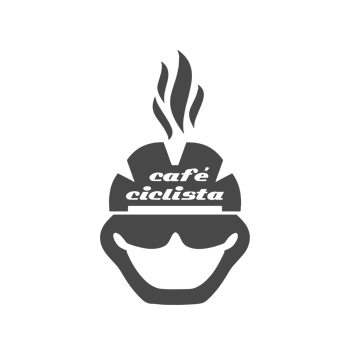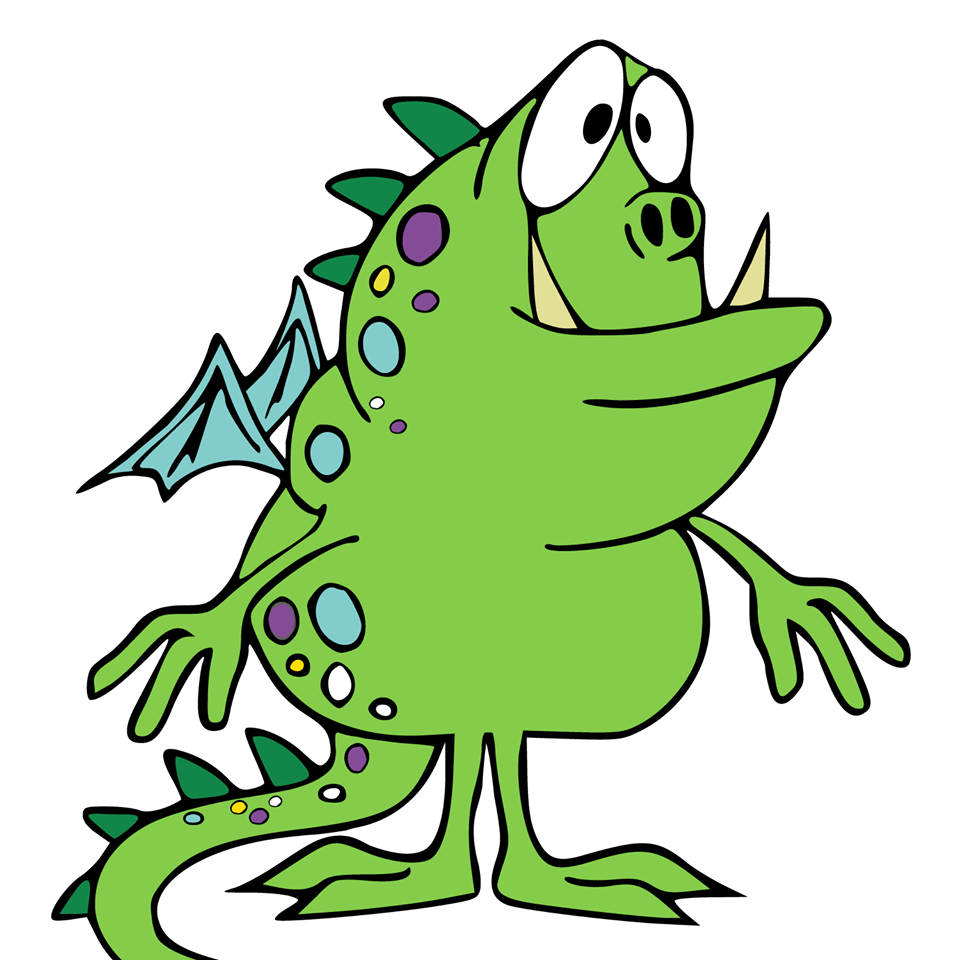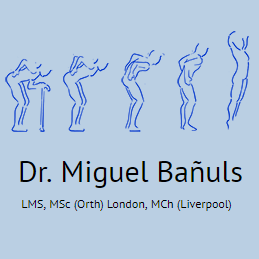
Content note: The article contains mention of suicide, in the context of suicide prevention.
October 10 is World Mental Health Day. This year, the theme is Young People and Mental Health in a Changing World. According to the World Health Organization, between 10 and 20 percent of young people experience mental health issues, and half of all mental illnesses begin by the age of 14, with most cases going untreated.
Mental health apps are a growing field of mobile app development. In honor of World Mental Health Day, we at Envato Tuts+ would like to highlight some of the possibilities and challenges of addressing mental health concerns through mobile technology. The WHO suggests that prevention is a key to support youth with their mental health, and they flag the increasing use of online technologies as both a source of support, and added stress, for many young people.
In-person therapy is the gold standard for dealing with mental health concerns, but there are barriers to access: therapy can be costly, one-on-one sessions do not work with everyone’s schedule, and there is stigma about reaching out for help. Mental health mobile apps seek to bridge the gap and allow anyone with a mobile device to self-manage their mental health conditions using tools such as mindfulness, Cognitive Behavioral Therapy (CBT) and peer-support.
Mental health apps are low-cost or free and work anytime, day or night. These apps do not seek to replace one-on-one therapy: they are tools, not treatment. And while some of these apps were developed in collaboration with mental health professionals and have collected some evidence to suggest their products are effective, this technology is new. Only time will tell where these tools they fit into the range of strategies that support those of us living with mental health issues.
We’ve created an overview of mobile apps that leverage the benefits of online technology to support users’ mental health. Whether or not you live with a mental health condition, we all can benefit from tools that increase mindfulness, help manage stress and reduce anxiety. Try the apps and be inspired, both as a coder and as a human living in this quickly changing world.
Mental Health Apps
1. MindShift (IOS, Android)

Mindshift is a mobile app designed to help young adults cope with anxiety, by acting as a portable coach that guides users through challenging situations. Designed in collaboration with Anxiety Canada, this app teaches users how to relax and helps them identify active steps to directly face and take charge of their anxiety. Specific tools help users tackle issues such as improving their sleep quality, dealing with perfectionism, and handling conflict. These tools address everyday situations that contribute to increased levels of anxiety, in order to help users change their overall relationship with anxiety. The goal is to support users to face—rather than avoid—anxiety provoking situations and take charge of their lives.
2. Moodpath (IOS, Android)

Moodpath is an interactive depression and anxiety screening program. This app tracks psychological, emotional and physical health over a two-week period in order to generate a personalized mental health assessment that users can discuss with their physician or therapist. The app also contains an educational component to teach users about the psychology behind their mood, signs of depression, and psychotherapy. When in a mental health crisis, or dealing with anxiety and depression from day-to-day, it can be hard to get a sense of the overall picture of our mental health. Moodpath provides a structured report that can help quantify users’ experience, which can provide a path to resources that help manage and heal from depression and anxiety.
3. My 3 App (IOS, Android)

The My 3 App is a crisis management tool that helps users reach out to trusted contacts. Developed in partnership with the California Mental Health Services Authority, users can select up to three primary contacts that they can call when they need help. This app is designed to create a support system for those times when users need to reach out, and to make it as easy as possible for them to do so. My 3 App also includes a customizable safety plan toolbox that prompts users to enter coping strategies, people and places that can provide comfort or distraction at times of risk. Along with users’ primary three contacts, the home screen of this app provides a quick link to call the National Suicide Prevention Hotline, should users need additional support.
4. Talk Life (IOS, Android)

Peer support models, where people speak with others who have lived through the same situations, is an evidence-based strategy to improve one’s mental health. This mobile app connects users to a peer-support community where they can share their struggles with depression, anxiety, stress, bullying or suicidal feelings without judgment. This app is flexible enough to work for users with different comfort levels—users can post anonymously, publicly, or chat privately with other users, all with the goal of sharing and receiving support. Talk Life has clinical oversight to ensure that the app remains a safe place to seek connection with others. With thousands of users online at all times, this app provides the connectivity of a social network experience without the associated risks of bullying or shaming. An integrated TalkLife blog provides interesting and inspirational content to read and discuss with others. This app is for when users need a friend, no matter where they are, who understands what they are going through.
5. Pacifica (IOS, Android)

Pacifica is a subscription based app that seeks to break the cycle of negative thoughts that lead to stress, anxiety and depression. Using psychologist-designed tools that target this cycle, such as mindfulness, guided self-help lessons, mood and health tracking, CBT techniques, and a peer-support community, Pacifica supports personal growth and improved mental health, one day at a time. Ranked first in Forbes’ 4 Technologies Innovating in Mental Health list, this app provides a balance of evidence-based tools and easy-to-use interface that keeps users engaged with the support this app has to offer.
6. MoodTools (IOS, Android)

Another app that offers research-supported tools, MoodTools is designed to help users combat depression and alleviate negative moods, aiding them in their road to recovery. Featuring tools inspired by CBT (Cognitive Behavioral Therapy) and Behavioral Activation Therapy, this app is a not-for-profit, advertisement-free venture that was designed in collaboration with multiple mental health professionals. While not intended as a treatment, this app can provide support for self-management of depression and other mental health concerns. Along with tools such as a Thought Diary, activities designed increase your energy and improve your mood, and the ability to develop a safety plan, this app includes a clinical depression questionnaire that allows you to track your mental health over time.
7. Headspace (IOS, Android)

Headspace is a guided meditation and mindfulness app, that offers tools for children and adults alike. Mindfulness practices have been demonstrated to help manage stress and anxiety, improve sleep, and even improve relationships. This app includes a free Basics course to get users started on their journey with meditation, and runs on a subscription model to unlock the full range of content. From meditations to bring more awareness into users daily lives, SOS sessions designed to skillfully manage moments of panic, and sleep sounds to help you drift off at the end of the day, this app offers users a full-service mindfulness program.
8. Calm App (IOS, Android)

Calm is a successful meditation and sleep app, with programs for anyone interested in mindfulness, from beginner to advanced users of all ages. New guided meditations are uploaded every day, and range in length from 3 to 25 minutes, so that users can choose sessions that fit their schedules. Topics like calming anxiety, managing stress, breaking habits and gratitude all offer support in developing a meditation practice, and the increased focus, improved self-awareness, and lowered stress levels that come with such a practice. With expert masterclasses added each month, and winner of the 2017 App of the Year award from Apple, this app is recommended by psychologists, therapist and mental health experts.
9. SuperBetter (IOS, Android)

Increase resilience to tackle real-life challenges with SuperBetter, an app created by a game designer to deliver results in 10 minutes a day. Based on positive psychology and behavior change theory, SuperBetter aims to teach users to bring the psychological strengths they display when playing games—such as optimism, creativity, courage and determination—into their real lives. Clinical studies have suggested that SuperBetter significantly reduces symptoms of depression and anxiety and increases optimism. People use SuperBetter to help them overcome depression and anxiety, cope with chronic illness or pain and heal from physical injury and post-traumatic stress.
10. Insight Timer (IOS, Android)

With millions of users, Insight Timer is a leading meditation app with more than 10 new free meditations added daily, and thousands of guided meditations, including from mindfulness experts such as Tara Brach and Jack Kornfield. Insight Timer aims to support users in their practice to calm their minds, reduce anxiety, manage stress, sleep more deeply and increase their happiness. This app includes meditations and talks from neuroscientists and psychologists, and is great for both beginners and experienced practitioners. With guided meditations in evidence-supported styles such as Mindfulness Based Stress Reduction and Metta meditation, this app is a great place to start if you would like to build or deepen your meditation practice.
11. Smiling Minds (IOS, Android)

Smiling Mind is an app developed by psychologists and educators to help bring balance to people’s lives. Created by a not-for-profit organization that aims to make mindfulness meditation available for all, app designers suggest that just as we eat well and exercise to keep our bodies healthy, mindfulness meditation is similarly a tool to improve our mental health. The Smiling Minds app offers programs for those as young as seven, as well as programs for adults, and includes topics such as Mindfulness in the Classroom and Mindfulness for Sport. These programs are designed to assist people in dealing with the pressures, stresses, and challenges of daily life.
12. Mindful Gnats (IOS, Android)

Mindful Gnats is an app designed to teach young people simple mindfulness and relaxation skills, with the goal of reducing stress and improving body and mind awareness. Featuring eight exercises, this app supports body mindfulness through relaxation, breathing, and body scan programs, mental mindfulness through thought awareness and mindful seeing, and mindfulness of the world through taking in information from our senses in a non-judgmental manner. Specifically designed for children, this app features friendly graphics, to support young meditators in their mindfulness practice.
13. Talkspace (IOS, Android)

In-person therapy will always have an invaluable place in the range of mental health strategies, but for many, the cost of one-on-one therapy is an insurmountable barrier. Talkspace is an app that seeks to bridge the gap for those who would like therapy but are unable to afford traditional therapists’ costs, by connecting users with one of more than 2000 licensed therapists for text, audio and video therapy. Talkspace therapists work with clients on issues such as anxiety, depression, PTSD, relationship issues and eating disorders at a fraction of the cost of traditional therapy. The other benefit of this app over brick-and-mortar services is that you can text your therapist at any time, so you never need to wait for your next appointment to check in about your mental health.
14. Be Safe (IOS, android)

Be Safe is a crisis support tool designed to work specifically for users in Ontario, Canada, but is an idea that can be implemented in other regions. This app was created by a team of youth along with the Centre for Addiction and Mental Health in London, Ontario, and is designed to allow users to make a safety plan, inform them about local resources and empower them to reach out safely, when they need to.
Conclusion
As you can see, there are many apps available to help with mental health issues—from games for teaching mindfulness practice to tools that help connect vulnerable users with local resources.
If you’re an app developer, why not mark World Mental Health Day with a prototype of an app that might help promote mental health? Or perhaps you or someone you know could benefit from one of these apps?
Powered by WPeMatico














